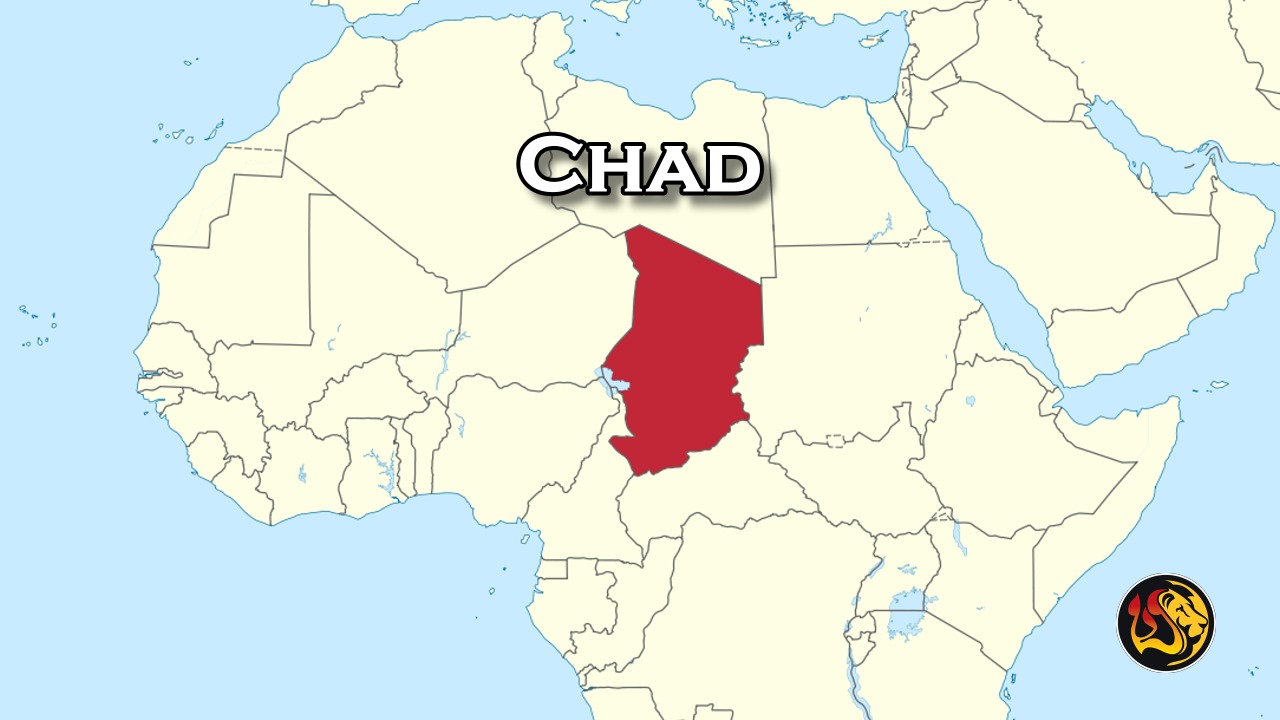By Stefan J. Bos, Chief International Correspondent Worthy News
N'DJAMENA (Worthy News) - At least 60 people were killed in Chad Thursday during the deadliest protests so far against interim leader Mahamat Idriss Deby's two-year extension of his power, several sources said.
Witnesses and independent investigators said Chadian security forces opened fire on anti-government demonstrators in the country's two largest cities.
Chadian government spokesman Aziz Mahamat Saleh said 30 people died in the capital, N’Djamena. Organizers of the march, though, placed the toll higher, at 40, with many wounded by bullets as well.
Another 32 protesters were killed in Chad’s second-largest city, Moundou, according to an official in the city’s morgue cited by media.
More than 60 people were reported wounded in the clashes. Other protests were held in the southern Chadian towns of Doba and Sarh.
Prime Minister Saleh Kebzabo gave slightly lower death figures but admitted that the government was still compiling casualties from what he described as an armed insurrection.
Authorities imposed a curfew after Thursday’s unprecedented unrest in Chad, which saw little public dissent during the previous regime of Deby’s autocratic father.
MILITARY-RUN NATION
The vast, military-run Central African nation has been in crisis since the April 2021 death of President Idriss Deby, who ruled with an iron fist for three decades.
His son, Mahamat Idriss Deby, seized power in the immediate aftermath and initially promised an 18-month transition to elections.
But on October 1, he announced they would be pushed back by two years, in a move effectively extending his rule.
Opposition and civil society groups then called for protests on Thursday, which would have marked the end of an initially agreed 18-month transition period.
The government banned them, citing security reasons. Yet France, the regional African Union, and others condemned what they saw as the security crackdown on the demonstrators.
The United States and the United Nations also expressed concern about the violence and urged “all parties” to exercise restraint.
EMBASSY ATTACKED
"We also condemn the attack that occurred outside the main gate of the U.S. Embassy in which assailants in civilian clothes and private vehicles cleared police checkpoints and killed four individuals," the U.S. State Department said in published remarks.
Samira Daoud, advocacy group Amnesty International’s regional director for West and Central Africa, urged Chadian authorities “to immediately cease the excessive use of force against protesters.”
She stressed that the “authorities must take immediate steps to investigate and bring to justice those responsible for unlawful killings.”
Among those killed was Chadian journalist Oredje Narcisse, who had worked with the Reuters news agency in the past, his brother said.
Other victims reportedly included a policeman who was fatally wounded in clashes, a 28-year-old protester who was shot in the neck, and Chadian musician Ray's Kim, who died in hospital.
However, the government defended the security forces saying they acted in self-defense. "What happened today is an armed popular uprising to seize power by force, and those responsible for this violence will face justice," said Kebzabo.
CHRISTIANS UNCERTAIN
The prime minister was a former opponent of Deby's regime but was named prime minister of a new "unity government" last week.
The turmoil added to uncertainty for devoted Christians in the Muslim-majority country.
Although there was “some” greater religious liberty for Christians, most government positions, including military positions, are filled by Muslims, Christians say.
Also, “it is still dangerous to convert away from Islam and follow Christ,” said the well-informed advocacy group Open Doors in a recent assessment.
“On paper, Chad guarantees freedom of religion, but in practice, Christians – especially those from other faiths – face considerable pressure.
There is a heavy Islamic influence in politics, the economy, society, and on the day-to-day affairs of the country.”
Open Doors also cautioned that “Islamic extremism is on the rise, mainly caused by the presence of [terror group] Boko Haram” in the nation of nearly 18 million people.

